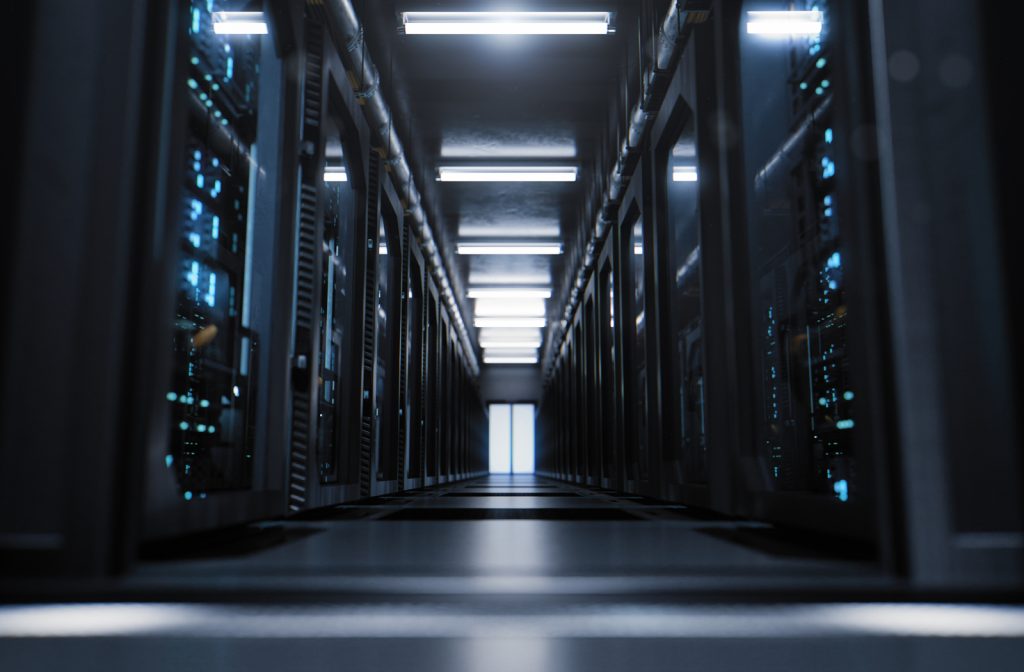
A bare metal dedicated server is a physical server that is only used by one tenant. The server’s tenant can optimize the server based on its effectiveness, safety, convenience, and flexibility. A hypervisor server, which allows more than one user to exchange virtual servers compute, backup, and other resources, is an option in contrast to a bare metal server.
Single-tenant physical servers and controlled dedicated servers are other names for bare metal servers. The computer system on a bare metal server is installed immediately on the server, removing layers and increasing efficiency. A company can operate dedicated servers with its data center or co-data centers, or rent them from a company that offers them on an hourly or monthly subscription basis.
In that, they are both single-tenant machines, bare metal servers and dedicated servers are very similar. This device gives users complete permission to access the hardware. Such access is possible because single-tenant machines should not use a hypervisor layer, which creates a virtual machine (VM) and places that on the domain controller. To avoid the need for layer upon layer, the operating system is directly incorporated onto the device. This direct loading outcomes in several of the fastest data centers on the market.
The processor, memory (unshared), and storage can all be configured on bare metal servers. Since the services control the hardware, VMs will not have the same capabilities. Since the hardware is merely needed to power their applications and web hosting, both of these servers offer users higher stability. The key distinction between bare metal and dedicated servers is the contract’s flexibility as well as the hardware’s performance. With bare metal servers, you receive high-performance processors, RAM, NVMe solid-state drives, and many other hardware products. Such high-end abilities are not included with dedicated servers.
Invoicing choices for bare metal dedicated servers seem to be incredibly flexible. You only expect to be paid for the period you are using them, and many services even allow you to pay by the hour. In terms of IT solutions, there are primarily two choices for buying servers: buying them openly so that you are the holder, which requires a capital outlay, or renting server capacity continuously. The latter option is included in your operational costs.
Attempting to make a capital purchase in the IT surroundings is risky because users don’t understand how your company or the surroundings will change in the coming years. This uncertainty may cause you to purchase the incorrect hardware or specifications. Users have operational cost flexibility with bare metal solutions, so you always get up-to-date hardware and applications. With this alternative, you will indeed be able to maintain your capital.
As they provide a single-tenant environment, bare metal servers address compliance standards issues more effectively than VMs. Bare metal servers will enhance network and application efficiency while maintaining strong security.
There is no added expense for a hypervisor if there is no virtual machine, so performance improves. The majority of virtual environments and cloud services pose potential risks. Because all resources are distributed to an individual user, there are no safety issues on a single-tenant platform.
If you are bound by stringent regulatory requirements, virtual environments can however suffer from security concerns. Recognizing these rules and regs is critical for adequately protecting sensitive data. Bare metal dedicated servers provide a remedy that is adaptable to regulated workloads.
As repeatedly indicated, having bare metal and dedicated hardware gives you a competitive advantage. Dedicated servers do not share storage, connections, or bandwidth. It also provides greater safety and confidentiality because your data is isolated from other tenants.
This sort of environment is advantageous for businesses that store personal data or a large volume of data and require predictable and consistent resources. It offers more processing power than VMs and performance improvement.
Dedicated servers are an outstanding method for large databases, game servers, rendering, software development, data analytics, transcoding, website hosting, machine learning, artificial intelligence, or planning application services. A dedicated server is an option if your prerequisites are data-intensive.
There are times when you may encounter a ‘noisy neighbor’ in a virtual space. When VMs compete for resources, this situation occurs. Having dedicated hardware gives you the same scalability, versatility, and efficiency as VM clouds, except without the inconvenience of sharing the resources.
Dedicated systems can be defined to meet your specific requirements, such as RAM, processor, storage capacity, and so on. A committed server’s power ranges from reasonable to high, and they finally came with massive memories, and the ability to make your dedicated server as potent as you require. The customized setup also enables you to use whatever bare metal OS you want, with control panels and software of your preference.
Researching and trying to compare the services of leading cloud providers is the best way to make sure that you’ve made the correct decision for your organization. However, not all businesses have the time and resources to go through this process. Another way to guarantee that a particular solution is right for you is to schedule a discussion with an IT consultant.
OmniCloud makes it easier for the users as we are providing the best metal servers so you can expand your business easily and efficiently. Contact us now and get in touch with our IT experts to get started. w